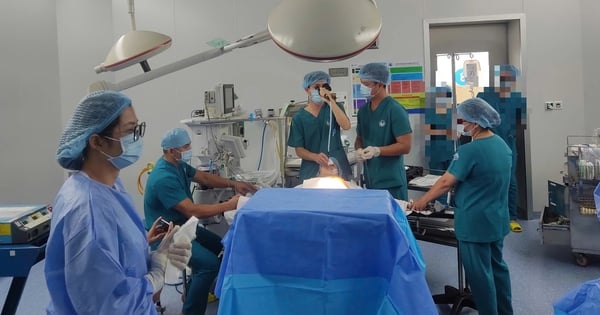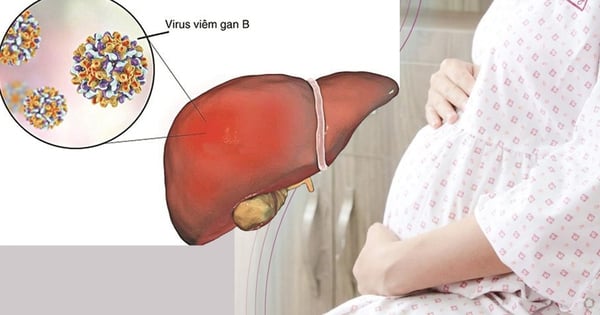Pregnant women should take multivitamins right after meals, carefully read the ingredients, and ensure adequate nutrition to receive optimal benefits.
Multivitamins for pregnant women are a type of functional food (not medicine), necessary for the health of pregnant women and support fetal development. The product usually contains vitamins (A, B1, B2, B3, B5, B6, B7, B9, B12, C, D), minerals (potassium, calcium, sodium, magnesium, phosphorus, iron, copper, zinc, iodine, manganese, selenium, chloride) and essential nutrients (choline, taurine, omega-3 such as DHA, EPA).
Using multivitamins can help pregnant women prevent anemia, swelling of hands and feet, osteoporosis, obesity, and high blood pressure early. The product helps the fetus prevent birth defects (spina bifida, anencephaly, cleft palate, etc.), increase resistance, and promote fetal development.
Master, Doctor Nguyen Anh Duy Tung, Nutrihome Nutrition Clinic System, said that pregnant women should take multivitamins right after breakfast or lunch. This helps pregnant women increase absorption thanks to the amount of water and natural fat in food, helping to dissolve vitamins, promoting the absorption of micronutrients.
After breakfast and lunch is the time when the pregnant woman's metabolic system is active, can metabolize and disperse micronutrients, helping vitamins maximize their biological effects. Consuming multivitamins at these two times also helps pregnant women limit heartburn, acid reflux and stomach pain.

Multivitamins help improve pregnant women's health and support fetal development. Photo: Freepik
To properly supplement multivitamins, in addition to consulting a doctor, pregnant women need to follow the following 4 principles:
Prioritize prenatal vitamins : Products specifically designed to meet the nutritional needs of pregnant women and their fetuses. They contain important nutrients such as folic acid, iron, calcium, vitamin D, vitamin B12, iodine, DHA and choline. These are ingredients that common vitamin pills often do not contain or have very little of.
Supplementing the right dosage : The needs of each type of micronutrient for pregnant women are different. Supplementing too little micronutrient is not enough to bring health benefits. On the contrary, excess micronutrients cause poisoning, miscarriage, stillbirth or premature birth.
Read the product label carefully : Before using multivitamins, read the label carefully to ensure that they provide all the necessary nutrients and do not contain any allergenic ingredients.
Ensure a balanced diet : Multivitamins help supplement essential nutrients. However, pregnant women still need to maintain a balanced, nutritious diet.
Doctor Duy Tung recommends that pregnant women should have regular health check-ups and micronutrient tests to receive detailed advice on the nutrients that need to be supplemented. Thereby, the doctor will suggest a suitable diet.
Kim Thanh
| Readers ask questions about nutrition here for doctors to answer |
Source link


![[Photo] Phuc Tho mulberry season – Sweet fruit from green agriculture](https://vstatic.vietnam.vn/vietnam/resource/IMAGE/2025/4/10/1710a51d63c84a5a92de1b9b4caaf3e5)




![[Photo] Prime Minister Pham Minh Chinh chairs meeting to discuss tax solutions for Vietnam's import and export goods](https://vstatic.vietnam.vn/vietnam/resource/IMAGE/2025/4/10/19b9ed81ca2940b79fb8a0b9ccef539a)


























![[Photo] Unique folk games at Chuong Village Festival](https://vstatic.vietnam.vn/vietnam/resource/IMAGE/2025/4/10/cff805a06fdd443b9474c017f98075a4)


































































Comment (0)